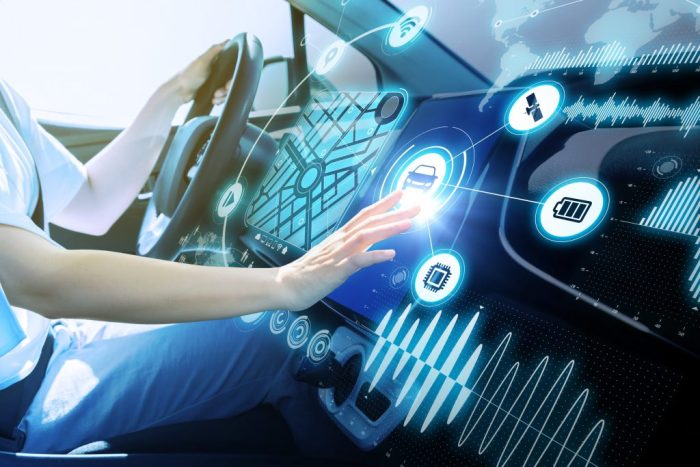Ericsson partners with Microsoft on connected car platform
2 min. read
Published on
Read our disclosure page to find out how can you help Windows Report sustain the editorial team Read more

Over the past couple of years, Microsoft has been partnering with the likes of Toyota, Renault-Nissan, Volkswagen, and India’s Ola to expand the utility of connected vehicle platforms.
Microsoft continues to quietly work with automotive partners to shape the future of connected cars technology and is now adding communication titan Ericsson to its growing list of cloud as-a-service providers leveraging Azure.
Earlier today, Ericsson offered a press release regarding its new partnership with Microsoft and its Azure cloud.
“The Ericsson and Microsoft partnership will deliver a comprehensive connected vehicle platform at scale to the market. Our integrated solutions will help automotive manufacturers accelerate their global connected vehicle solutions and offer a better experience for drivers and passengers,” says Åsa Tamsons, Senior Vice President and Head of Business Area Technologies & New Businesses.
Beyond the flower press language, the new partnership means that Ericsson is building its own Connected Vehicle Cloud atop Microsoft’s Connected Vehicle Platform that all rests on top of Microsoft Azure Cloud.
Practically speaking, Ericsson’s connected vehicle efforts, which currently make up 10 percent of the connected vehicle market, can now focus on scalability while its partners iterate on more personalized car experiences and adopt greater flexibility in modular design while also incorporating better over-the-air updates for drivers thanks to some Azure special sauce.
Ericsson’s Connected Vehicle Cloud offloads vehicle manufacturers’ complexity of global 24/7 operations and lifecycle management related to connected vehicles with a guaranteed service-level agreement.
Microsoft and Ericsson plan to joint host a social event at CES 2020, next year where they presumably will outline more details of potential features and services the two companies have been working on leading up to the partnership as well as what manufacturers can expect in the coming months and years.








